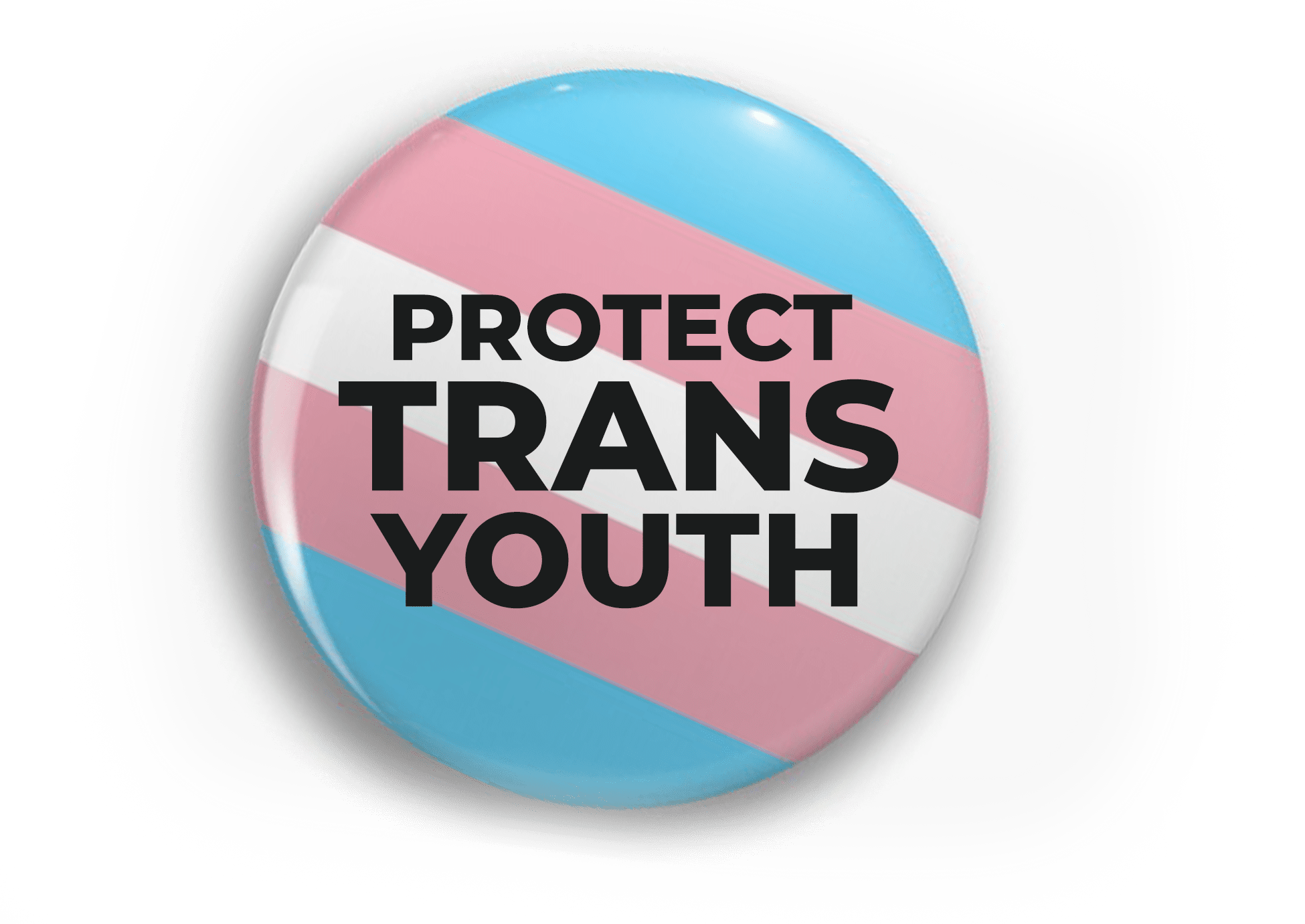Transgender Youth
Building resilience and reducing the impact for transgender youth

LGBTQ+ Resilience and Transgender Youth
Transgender and other gender diverse youth experience stigma and discrimination that put them at increased risk for poor mental health and suicide, substance use, experiencing violence, risky sexual behaviors, and other health risks.
Yet, adolescents are resilient. Quality sexual health education, access to health care services, and safe and supportive environments can help all youth thrive in the face of risk and are critically important for transgender and other gender diverse youth.
Unique Experiences of Transgender Youth
Understanding the experience of transgender youth will help improve school environments, parental relationships, health services, and sexual health education and help to create more supportive environments for transgender youth.

School Environments
Transgender youth report feeling isolated and excluded in school environments. Transgender youth express resilience by actively coping with these stressors through advocating for their needs and seeking out (and finding) connection with supportive staff and friends.
Sexual Health Education
Transgender youth consider school-based sexual health education unhelpful due to a lack of relevant information, inadequately trained teachers, and a perceived negative tone toward sexuality. Transgender youth rely upon alternate sources of sexual health information, particularly online, where they found relevant information and a sense of community.
Parental Relationships
Transgender youth report receiving parental support generally in the form of housing, advice, affirmation, and expressions of love or caring.
Transgender youth report parents struggled to provide support specific to their gender identity, such as: being emotionally supportive when youth came out to their parents as transgender, chosen name and pronoun usage, and assistance with social, legal, and medical gender affirmation processes.
Health Services
Transgender youth report facing challenges to accessing culturally competent and gender affirming health care, such as a lack of provider knowledge of transgender issues and inconsistent use of chosen name and pronouns.
The Significance of Schools, Parents, and Healthcare Providers Supporting Transgender Youth
Schools can:
- Review and implement policies and practices to ensure inclusivity,
- Take steps to affirm gender identity,
- Intervene in bullying on campus, and
- Provide or refer students to comprehensive, affirming, sexual health services.
Parents can:
- Seek out resources and programming to assist with understanding, accepting, and gender-affirming behaviors.
Healthcare providers and office staff can:
- Take part in transgender cultural competency trainings, and
- Establish clinic protocols relating to confidentiality and chosen name and pronoun use.
References & Sources
By being here, you’re impacting generations.
American Society for the Positive Care of Children is dedicated to preventing child maltreatment and raising awareness of the lifelong impacts of adverse childhood experiences by providing parents with the skills, tools, and educational resources that build their confidence and capacity as caregivers and create more positive childhood experiences. We’re able to continue providing resources like these free of charge to nearly 1,000,000 families who rely on us annually thanks to the generosity of our supporters.
Take action to reduce Adverse Childhood Experiences for the Next Generation Today.

By being here, you’re impacting generations.
American Society for the Positive Care of Children is dedicated to preventing child maltreatment and raising awareness of the lifelong impacts of adverse childhood experiences by providing parents with the skills, tools, and educational resources that build their confidence and capacity as caregivers and create more positive childhood experiences. We’re able to continue providing resources like these free of charge to nearly 1,000,000 families who rely on us annually thanks to the generosity of our supporters.
Take action to reduce Adverse Childhood Experiences for the Next Generation Today.
